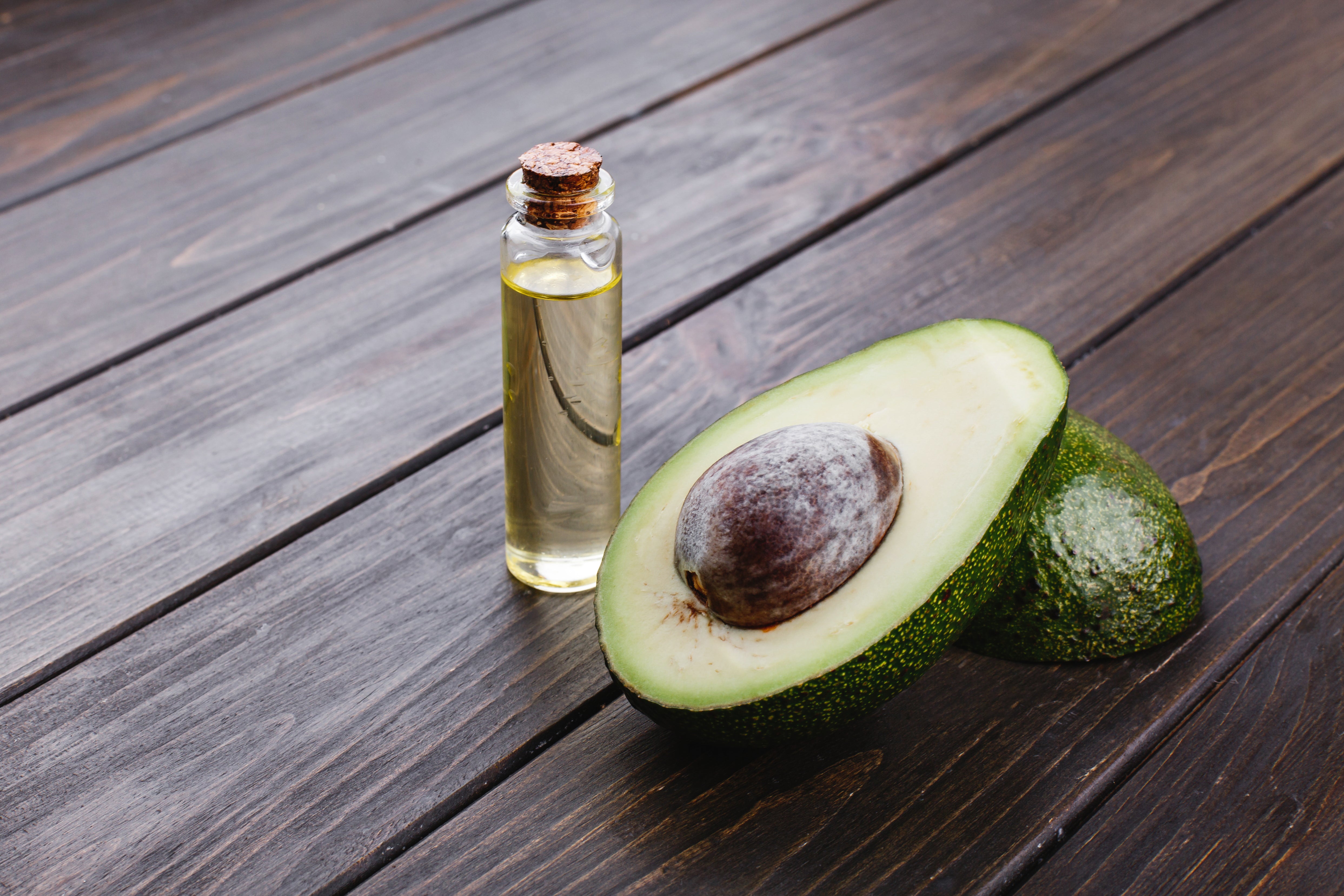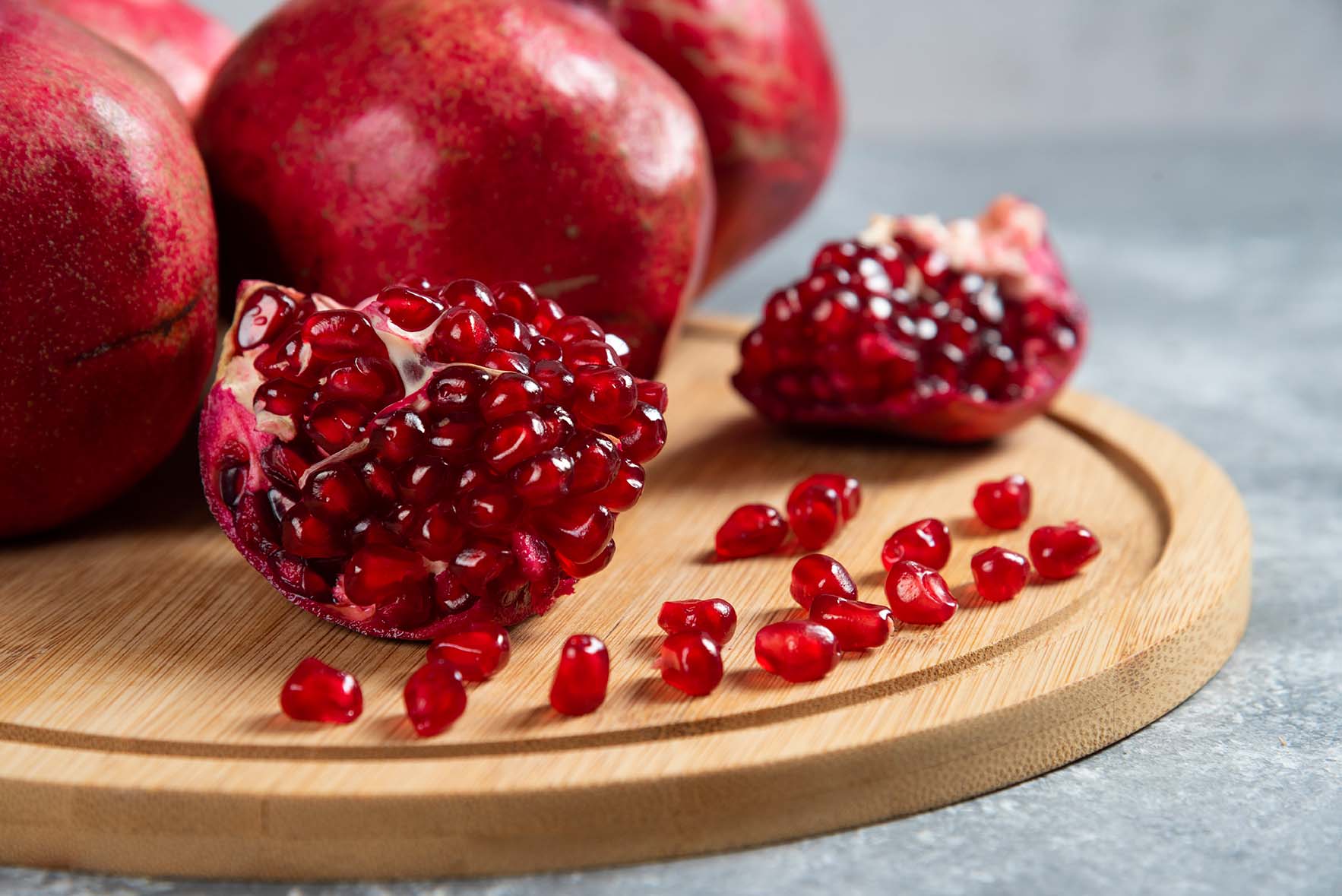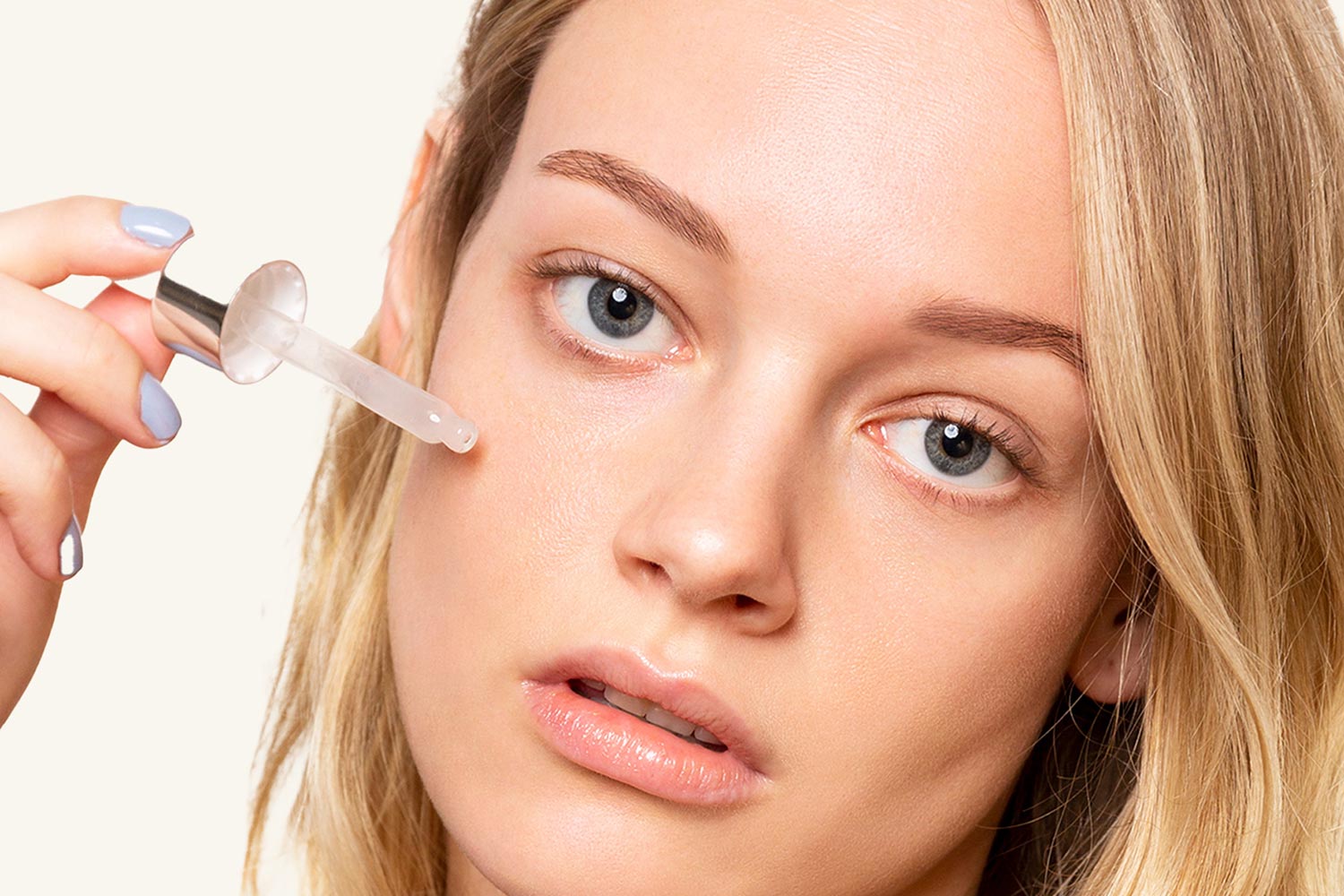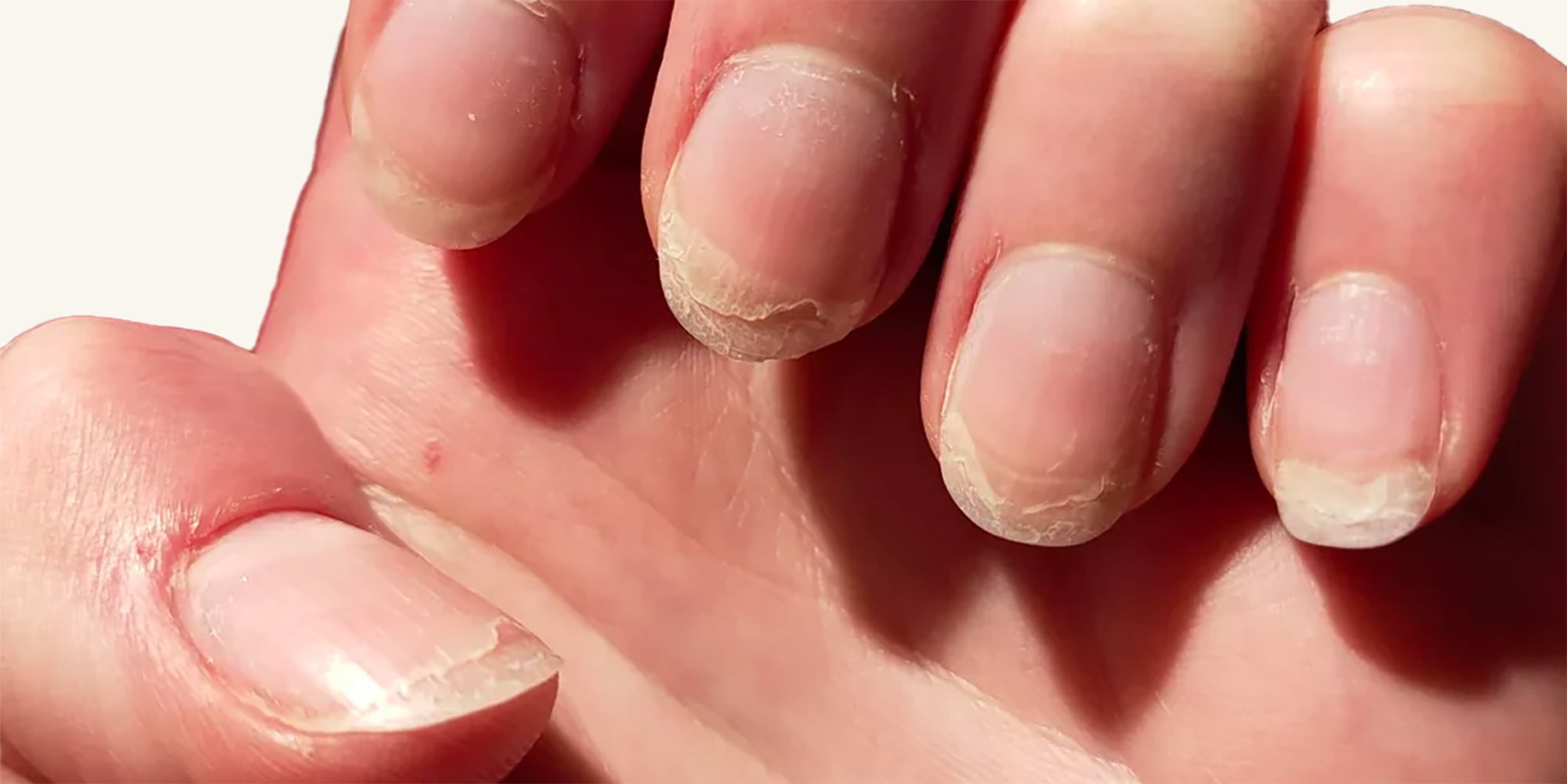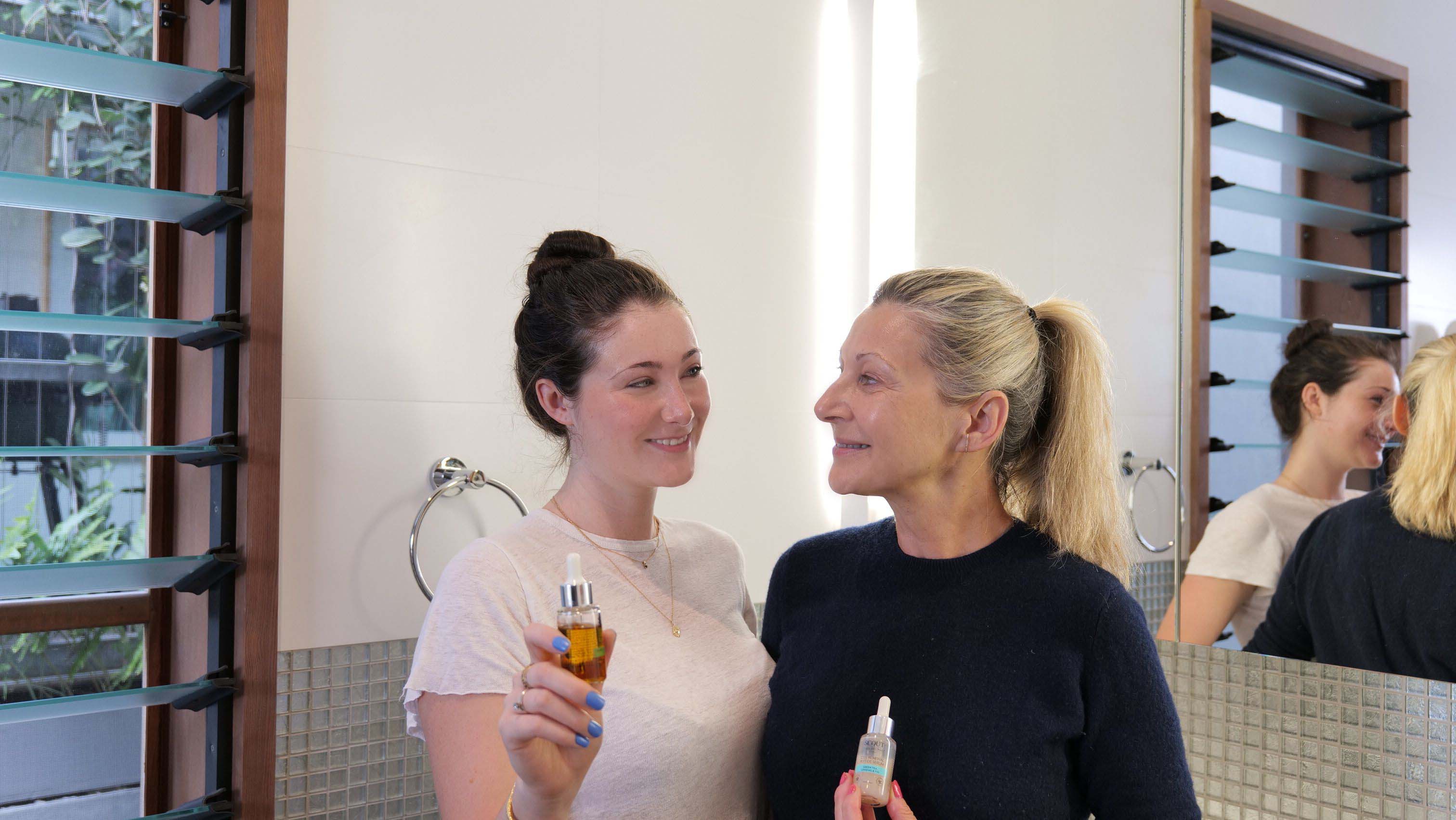
Can You Use Peptides and Vitamin C Together?
There are so many new beauty products that sometimes we get confused about using them all!
What's the application order? Do they go together? And how do I get the most out of the ingredients?
Peptides and Vitamin C are two powerhouse ingredients in many skincare products with multiple benefits. Most people can't even imagine their daily routine without these two, but if you're still on the fence or have been unsure how to use them together, keep reading!
Today we're talking about getting the most out of Peptides and Vitamin C together!
What are Peptides
Peptides, also known as polypeptides, are amino acids that occur in our skin naturally. Peptides are part of specific proteins and collagen that make your skin firmer and younger-looking.
Due to ageing and various environmental damage such as pollution or UV rays, our collagen production starts decreasing, our skin starts appearing less radiant and we begin to notice fine lines and wrinkles.
Luckily, scientists have been working on addressing this issue and have started including peptides into skincare products. Thank you, scientists!
However, since there are many peptide products on the market, it can be challenging to choose the best ones. No worries, we've got tips!
To reap the benefits of peptides in skincare, we recommend choosing a serum or moisturiser. Cleansers or toners don't stay on your skin too long and won't be as effective as, e.g., serum that stays on your face all day or all night long. You also want to read the label and see that peptides are listed among the main ingredients, not just as a trace ingredient.
Cell Renewal Peptide Serum with Green Tea, Ginseng and Fig
Learn More About Cell Renewal Peptide Serum
Benefits of Peptides
- Strengthens the skin barrier
- Boosts collagen and elastin production
- Reduces fine lines and wrinkles
- Hydrates the skin deeply
- Makes the skin plump and radiant
- Reduces inflammation and skin damage
Types of Skincare Peptides
There are over 100 different peptides that do different things, but basically they can be grouped into four; Carrier Peptides deliver trace elements into the skin, Enzyme inhibiting Peptides stop enzymes that may for instance break down collagen, Neurotransmitter peptides relax the muscles and inhibit muscle contraction, thus reducing expression lines and Signal Peptides are messengers that tell a cell to do a certain thing, like build collagen.
And what are Copper Peptides?
There has been a lot of skincare buzz about Copper Peptides which have a so-called ‘metal affinity’ meaning they bind really tightly to copper, when exposed to it. Copper peptides work in increasing collagen production, so they do some extra work in firming your skin. There is not yet a lot of evidence for the additional effectiveness of copper peptides compared to others used in skincare or for the use of Copper Peptides and Vitamin C. However, many sources say current results are promising.
SCOUT Cell Renewal Peptide Serum with Green Tea, Ginseng and Fig
One of our best-selling products is the potent and antioxidant-rich organic Cell Renewal Peptide Serum with Green Tea, Ginseng and Fig.
The serum contains Perfection Peptide 7 and Matrixyl Sinthe'6, scientifically proven to boost collagen production, smooth deep wrinkles, and replenish the skin's lipid layer for an overall perfected and refined skin texture. It restores skin's youthfulness, helps achieve healthy ageing and plumps the skin.
The antioxidant-rich fusion between the Peptides and Vitamin B3, Green Tea and Ginseng neutralise free radicals that cause fine lines, wrinkles, and pigmentation by strengthening the skin's defense barrier. Niacinamide (Vitamin B3) helps reinvigorate the skin's healthy tone and creates a plump, youthful and glowing complexion.
Overall, this 94% Certified Organic product evens the skin texture and gives you a more radiant complexion every day!
Vitamin C
Vitamin C is one of the star ingredients in many skin care products. It's an essential nutrient found in fruit and vegetables necessary for the growth and repair of tissues. The body doesn't produce this powerful antioxidant, so we get it from nutrition and various supplements. A synthetic or natural version of Vitamin C is added to serums and moisturisers in skincare.
Vitamin C Brightening Serum with Kakadu Plum, Turmeric & Rosehip
Learn More About Vitamin C Brightening Serum
Benefits of Vitamin C:
- Protects from free radical damage (pollution, UV exposure etc.)
- Boosts collagen and elastin production
- Slows down premature ageing
- Reduces the appearance of fine lines and wrinkles
- Brightens the complexion and fights hyperpigmentation
- Aids in skin healing and renewal processes
SCOUT Vitamin C Brightening Serum with Kakadu Plum, Turmeric & Rosehip
Here at SCOUT, we have our own powerhouse product with Vitamin C.
Our Vitamin C Brightening Serum with Kakadu Plum, Turmeric & Rosehip gives your skin back its glow and radiance, settling redness, irritation and spots.
Australian native Kakadu Plum with a very high Vitamin C content was chosen to combat free radicals and restore the skin's balance.
We also added Rosehip Oil with Omega 3, 6 and 9 and Vitamin A to further soothe the skin, help remove blemishes and pigmentation. The serum is also enriched with Hyaluronic Acid and Vitamin E, has anti-inflammatory properties and is suitable for sensitive skin conditions like acne, rosacea or eczema.
Shortly after starting to use this 95% Certified Organic serum, you'll be waking up with a bright, youthful, plump complexion.
Peptides and Vitamin C serum together - A Potent Combination for Glowing Skin
So, how about using peptides and Vitamin C together? The short answer is that yes, you can use these two together as these ingredients complement each other.
They both benefit the skin and keep the skin barrier strong and healthy.
The more complicated answer is that it depends on your skin type.
People with sensitive, redness-prone skin might notice that the Peptides and Vitamin C mix can result in more redness, irritation and itchiness.
Even if you don't have sensitive skin, you still might experience some sensitivity, so we suggest consulting with your dermatologist or just starting slowly and observing how your skin reacts in time.
It is also the case that you can you use Vitamin C and Copper Peptides together although as I always say, those with sensitive skin should always start slowly to avoid irritation.
Layering Peptides and Vitamin C
If you didn't notice any adverse reactions, feel free to use Peptides and Vitamin C together. Many people wonder, though - Peptides before or after Vitamin C?
Overall, the layering depends on the consistency of your product's formula. Generally, you start with the thinnest product and move to the thickest so that your skin absorbs everything fully.
So, if you're using a Vitamin C serum and a Peptide moisturiser together, go with the Vitamin C first. Also note Serums can be and should be layered.
When it comes to SCOUT serums, we recommend applying Vitamin C first, following up with the Cell Renewal Peptide serum and finishing with a Moisturiser.
Alternating
If you're in the group that has experienced sensitivity when using a collagen Peptide and Vitamin C together, you can alternate times of day or days to apply these potent ingredients.
This will help avoid any unwanted irritations and reactions!
If you prefer using one product in the morning and the other in the evening, we recommend using Vitamin C serum in the morning to protect your skin from the sun, pollution, and other environmental free radicals during the day.
Follow with your moisturiser and sunscreen.
When using Peptides in the evening, double cleanse your face, apply your serum, followed by moisturiser and face oil if you're using it.
If your skin is especially sensitive, you can use vitamin C one day and Peptides the other.
Either way, you'll wake up to a healthy, luminous, and youthful complexion!




